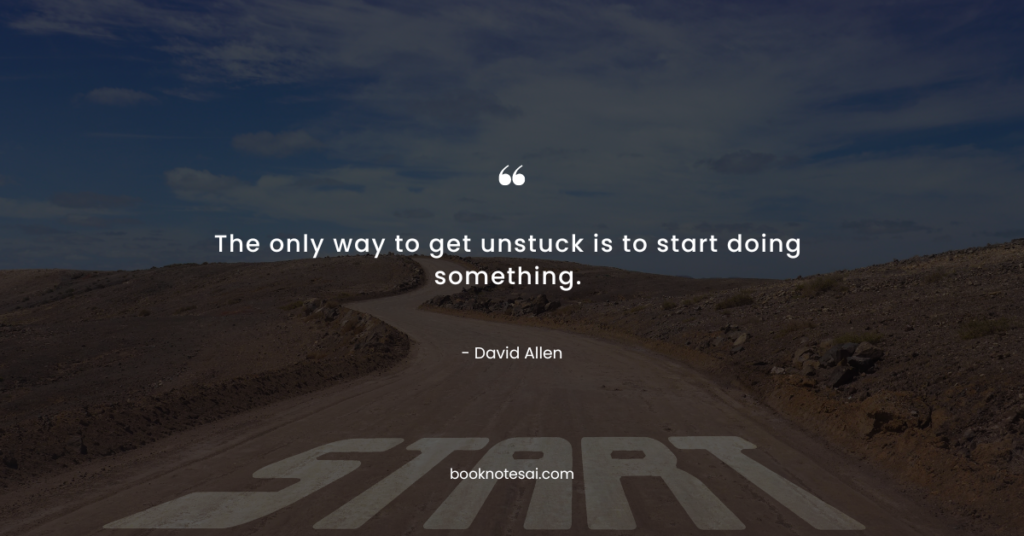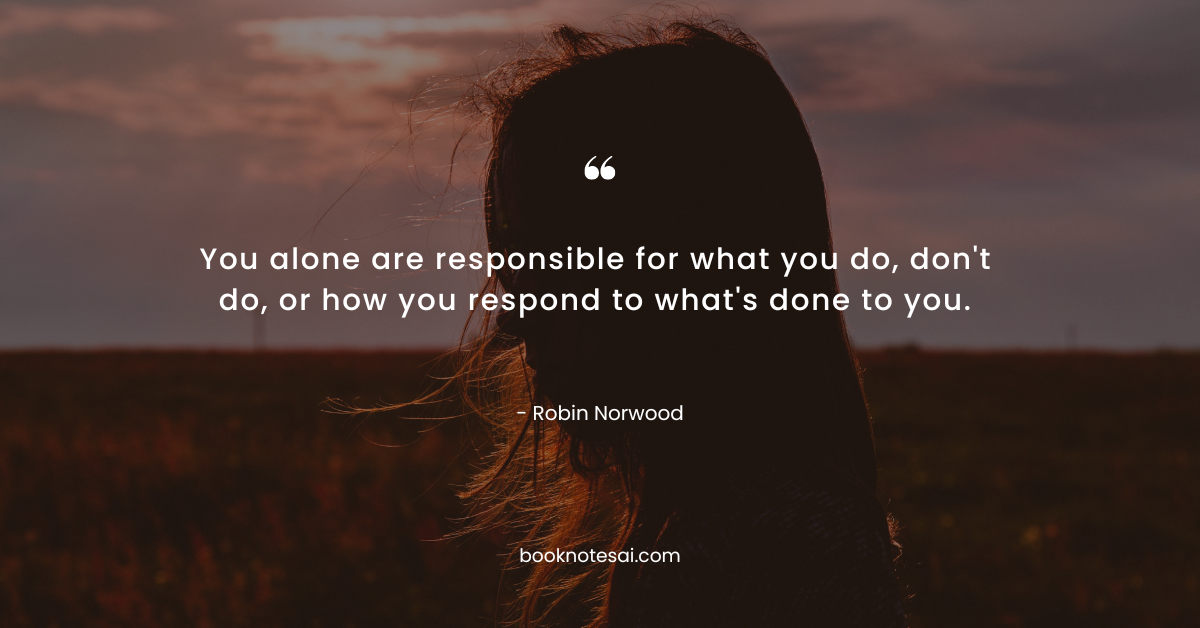Listen To This Post
The Art of Stress-Free Productivity!
Allen’s premise is simple: our productivity is directly proportional to our ability to relax.
Only when your minds are clear and your thoughts are organized you can achieve effective productivity and unleash our creative potential.

This is a book summary for Getting Things Done by David Allen. The essential information is structured to be straightforward, useful, and valuable, all while helping you save plenty of time.
Introduction: Why this book?
- Understanding Productivity:
In Getting Things Done, David Allen offers a transformative approach to productivity that promises to declutter your mind and streamline your tasks, making you more effective in your personal and professional life. - Embracing Efficiency: By adopting Allen’s methods, you can revolutionize the way you manage your tasks and commitments, ultimately reducing stress and increasing productivity.
Getting Things Done Summary:
- In this book, David Allen introduces his renowned productivity system, emphasizing the importance of capturing all your tasks and ideas in an external system to clear mental clutter.
- Allen highlights the significance of clarifying tasks into actionable items, organizing them into appropriate categories, reviewing them regularly, and taking action based on priorities.
- The book emphasizes the concept of “mind like water,” where your mind is calm and clear, ready to respond appropriately to the demands of the moment.
- Allen also discusses the role of trust in managing commitments and the importance of regularly updating and reviewing your system to maintain its effectiveness.
- Throughout the book, Allen provides practical tips, strategies, and workflows to help readers implement his system and achieve stress-free productivity.
💡 5 Big Ideas
- Capture Everything: Allen stresses the importance of capturing all your tasks, ideas, and commitments in an external system to free your mind for creative thinking and problem-solving.
Implementing this idea involves setting up a reliable system for capturing and organizing information. - Clarify Next Actions: By breaking down tasks into actionable steps, you can overcome procrastination and indecision, leading to increased productivity and focus in your work and personal life.
Practicing this idea requires regularly reviewing your tasks and determining the next actionable step for each. - Maintain Trusted Systems: Allen emphasizes the need for maintaining trustworthy systems for managing tasks and commitments, ensuring that nothing falls through the cracks.
Implementing this idea involves establishing routines for reviewing and updating your systems regularly. - Mind Like Water: Adopting a mindset of “mind like water” allows you to maintain a calm and clear mental state, enabling you to respond effectively to the challenges and opportunities that arise.
This idea encourages practicing mindfulness and staying present in the moment. - Weekly Reviews: Regularly conducting weekly reviews helps you stay on track with your goals and commitments, identify areas for improvement, and maintain a sense of control over your workload. Implementing this idea involves setting aside dedicated time each week to review and reflect on your progress and priorities.
These big ideas collectively teach us the importance of capturing, clarifying, and organizing our tasks and commitments to achieve stress-free productivity in both our personal and professional lives.
Powerful Quotes
- “Your mind is for having ideas, not holding them.”
This quote encourages offloading mental clutter and capturing tasks and ideas in external systems. - “You don’t actually do a project; you can only do action steps related to it. When enough of the right action steps have been taken, some situation will have been created that matches your initial picture of the outcome closely enough that you can call it ‘done.'”
This quote highlights the importance of breaking down projects into actionable steps for effective execution. - “The better you get, the better you’d better get.”
This quote emphasizes the continuous improvement mindset necessary for personal and professional growth. - “In the absence of clearly defined goals, we become strangely loyal to performing daily trivia until ultimately, we become enslaved by it.”
This quote underscores the importance of setting clear goals to avoid getting bogged down by trivial tasks. - “Your ability to generate power is directly proportional to your ability to relax.”
This quote emphasizes the importance of relaxation and stress management in maintaining productivity and well-being. - “If you don’t pay appropriate attention to what has your attention, it will take more of your attention than it deserves.”
This quote highlights the consequences of neglecting important tasks and commitments. - “Much of the stress that people feel doesn’t come from having too much to do. It comes from not finishing what they’ve started.”
This quote emphasizes the importance of completion and closure in reducing stress and increasing productivity. - “The key is not to prioritize what’s on your schedule, but to schedule your priorities.”
This quote encourages aligning your actions with your priorities to achieve meaningful progress. - “You can do anything, but not everything.”
This quote reminds us of the importance of focus and prioritization in achieving our goals. - “The only way to get unstuck is to start doing something.”
This quote encourages taking action, even if it’s small, to overcome inertia and move forward.
One Reason To Read This Book:
Getting Things Done provides a comprehensive system for enhancing productivity and reducing stress, offering practical strategies applicable to various aspects of life.
Who should I recommend Getting Things Done summary to?
If you find yourself overwhelmed by tasks and commitments, whether in your personal or professional life, Getting Things Done offers valuable insights and techniques to help you regain control and achieve greater efficiency.
Recommendations:
- “Atomic Habits” by James Clear
- “Deep Work” by Cal Newport
- “The Power of Habit” by Charles Duhigg
- “Essentialism: The Disciplined Pursuit of Less” by Greg McKeown
This summary serves as a complimentary guide to the reviewed title Getting Things Done, offering key insights. For a deeper understanding, we encourage you to explore the full book.


